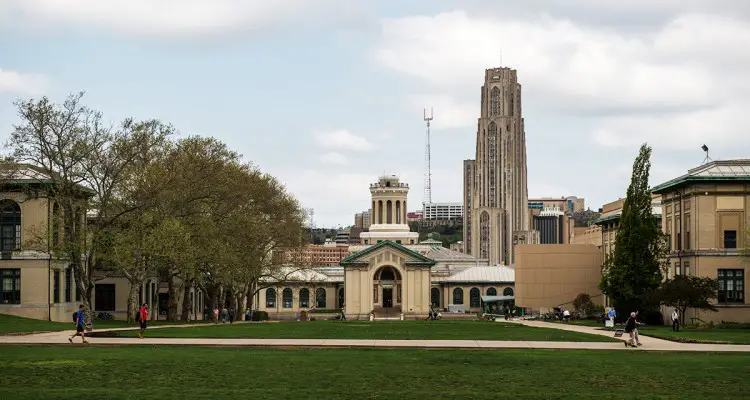As the federal government shutdown nears 21 days, it’s on track to become the longest shutdown in U.S. history, affecting not only federal employees but research agencies and the universities and students that depend on them for grants as well.
In 2018, the University of Pittsburgh received more than $16 million in grants from the National Science Foundation (NSF) – funding for 18 projects. The researchers from the University’s Swanson School of Engineering also received a $500,000 award from the National Association of Space Administration (NASA). That funding was to be distributed over three years. Now, writes Brian Gentry of The Pitt News, “new projects may be put on the back burner for a while.”
In a statement, Rob Rutenbar, the senior vice chancellor for research at the University of Pittsburgh, stated that “[the] National Institutes of Health, the University’s largest source of federal dollars, remains funded, so we are not seeing an impact on that end,” and cited students and faculty being off for winter break as a possible cause.
While the University itself may not yet feel the pinch of the shutdown, some faculty depend on research grants to do their work and make a living. Graduate students also depend on research to build a professional competitive record for themselves, often with funding that is tied to grants.
The NSF states that those who have already received grants can continue their research “to the extent funds are available.” But the NSF cannot review new applications until the government reopens. This leaves those who have not yet secured funding in an ongoing state of uncertainty.
Earlier last year, Mike MacFerin, a postdoctoral student at the University of Colorado at Boulder, applied for an NSF grant to study hydrology in Greenland. Although he was expecting to hear back about funding this month, the shutdown has continued to cause delay.
“My position is what they call ‘soft money.’ I’m only funded for work,” MacFerrin told The Pitt News. “Part of my salary later this year would come from that project. Part of it’s my own anxiety, wanting to know if I’m going to be paid by this project or not.”
University of Pittsburgh Announces Program to Reduce Student Debt



